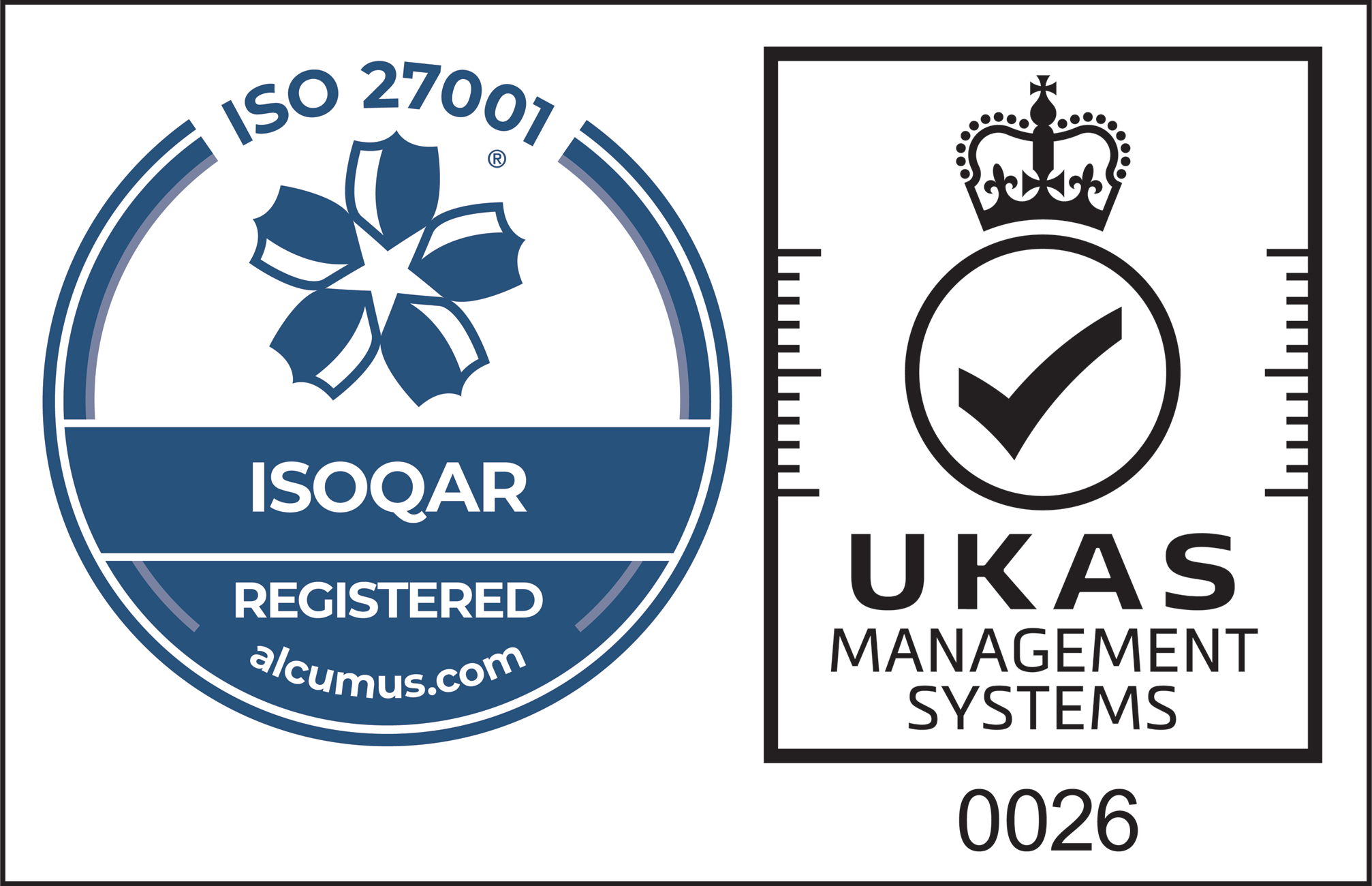Are SIM scores predicting sink or swim for those within the water industry?
It’s not just the global weather causing a storm of reactions this week.
The BBC today reported that the number of phone complaints to UK water companies to resolve water issues, went up by more than 40,000, although the written complaint numbers fell by 11% to less than 100,000.
The complaints body, the Consumer Council for Water that conducted the research, says that the water industry needs to work harder to improve. However, the UK Institute of Customer Service reports that the utility sector had the most improved customer satisfaction scores above any other industry in the UK. The UK Customer Satisfaction Index shows that customers are more satisfied with the utilities sector than they have been in over nine years. And water organisations scored higher than energy businesses.
Service Incentive Mechanism (SIM) scores introduced by Ofwat, to provide a robust comparable measure of consumers’ experience and how satisfied they are with the overall handling of their recent contact with their supplier, are an interesting read, especially when dealing with complaints. It states that customers tended to be significantly more satisfied with the handling of billing enquiries than either clean or waste water queries and that customers who contacted their water company online were more positive than those using other channels, particularly letter or email.
Why is it then that the picture looks a little skewed? What’s really happening within the water industry? Is it merely a case of ‘good news doesn’t sell so well’ or is there something more to it?
Delivering a high quality round-the-clock customer service isn’t easy within any industry. Customers expect to contact companies when they want and through a channel of their choice. The water industry faces another challenge though. Water supply and sanitation has been a primary logistical challenge since the dawn of civilisation. However, how many of us – there are 66, 269 374 people currently living in the UK – spare a thought to the privilege of sanitation and fresh water before we open a tap or flush?
Most of the 18 water suppliers in the UK have invested in technology across new channels to help address customer queries in optimal time. Yorkshire Water pointed out that not all customer calls are complaints, and that it recently introduced a call-back service where customers can book 10-minute-long appointment slots instead of waiting on hold, or can contact the company over Facebook or Twitter.
With comments on the BBC article drowning water companies in more bad light, what considerations could be made to enhance their customer service delivery strategy?
Technology in place to support contact centre staff:
- Will customers calling out-of-hours receive a poorer quality of customer service and is there another channel by which they could answer their queries?
- Are all contact centre staff up-to-date with the latest information and how is this maintained through technology?
- When staff shifts change, does it affect the transfer of knowledge – how is this communicated?
Out of office customer enquiries:
- Should phone lines only be open 8 hours per day – are customers able to self-serve answers to their questions quickly and easily through the website or other channels?
The most effective/popular/convenient contact channels for customers:
- The contact centre is only one contact channel available for customers – dependent on the nature of the enquiry, would it benefit the company and customers to handle enquiries across other channels like live chat, a virtual agent/chatbot or social platforms?
Customer feedback and complaints:
- Quickly and efficiently responding across contact channels to customer queries is key – is there a mechanism in place to monitor customer feedback to improve the quality of products and services and level of response in the future?
- Ofwat scores satisfaction high if a customer’s query is resolved or not considered to be a complaint.
Customers are exercising their power to switch to competitors when they are not happy with the service they receive, however unless you’re a business customer, switching your water and/or sewerage supplier is not yet possible. However, it is good to know that water companies are taking customer service seriously and are making efforts to improve.
Synthetix has collaborated with the trusted brand Wiley to share some insights into multi-channel online customer service delivery in the mission to deliver omni-channel customer experiences.

